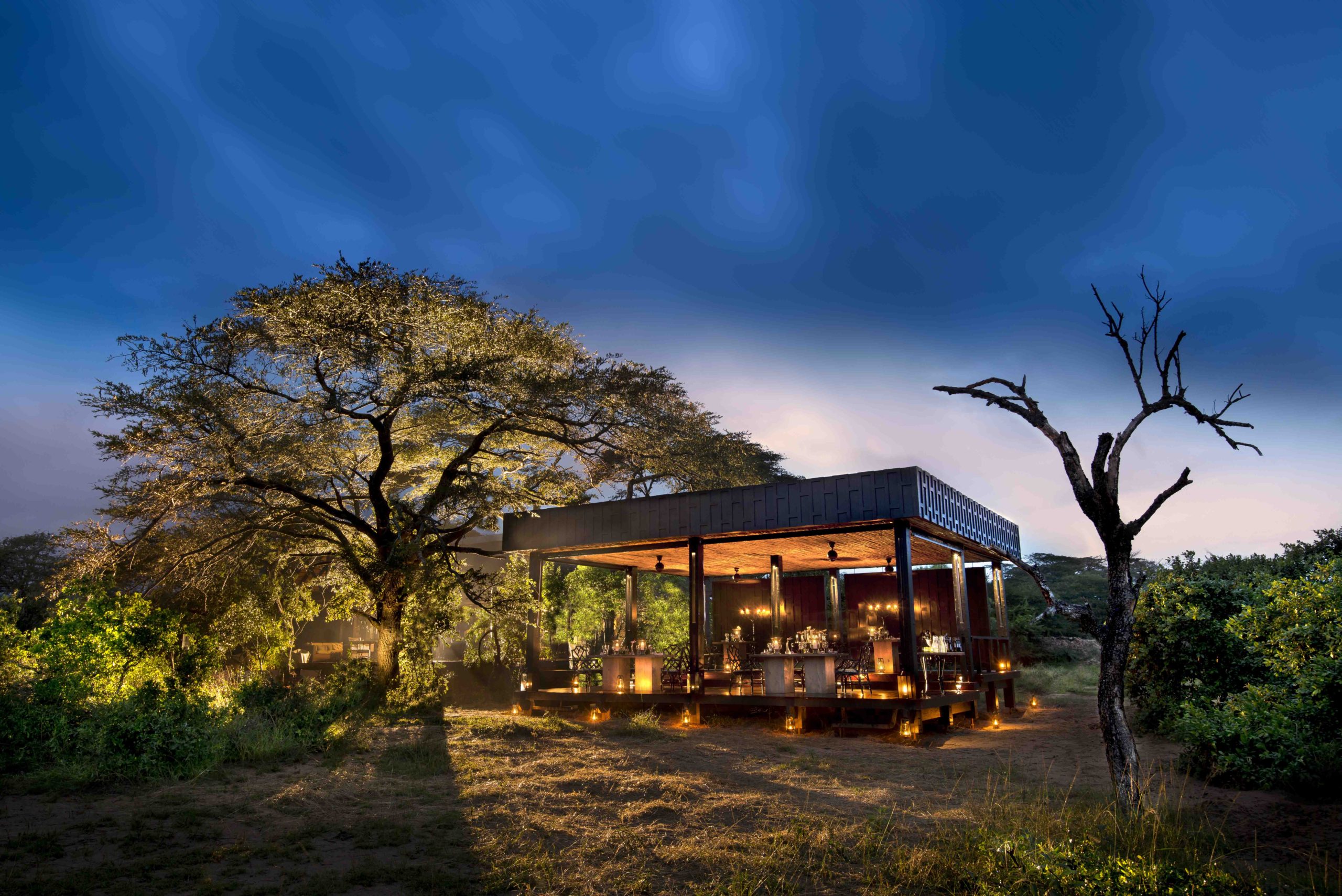What will I experience?
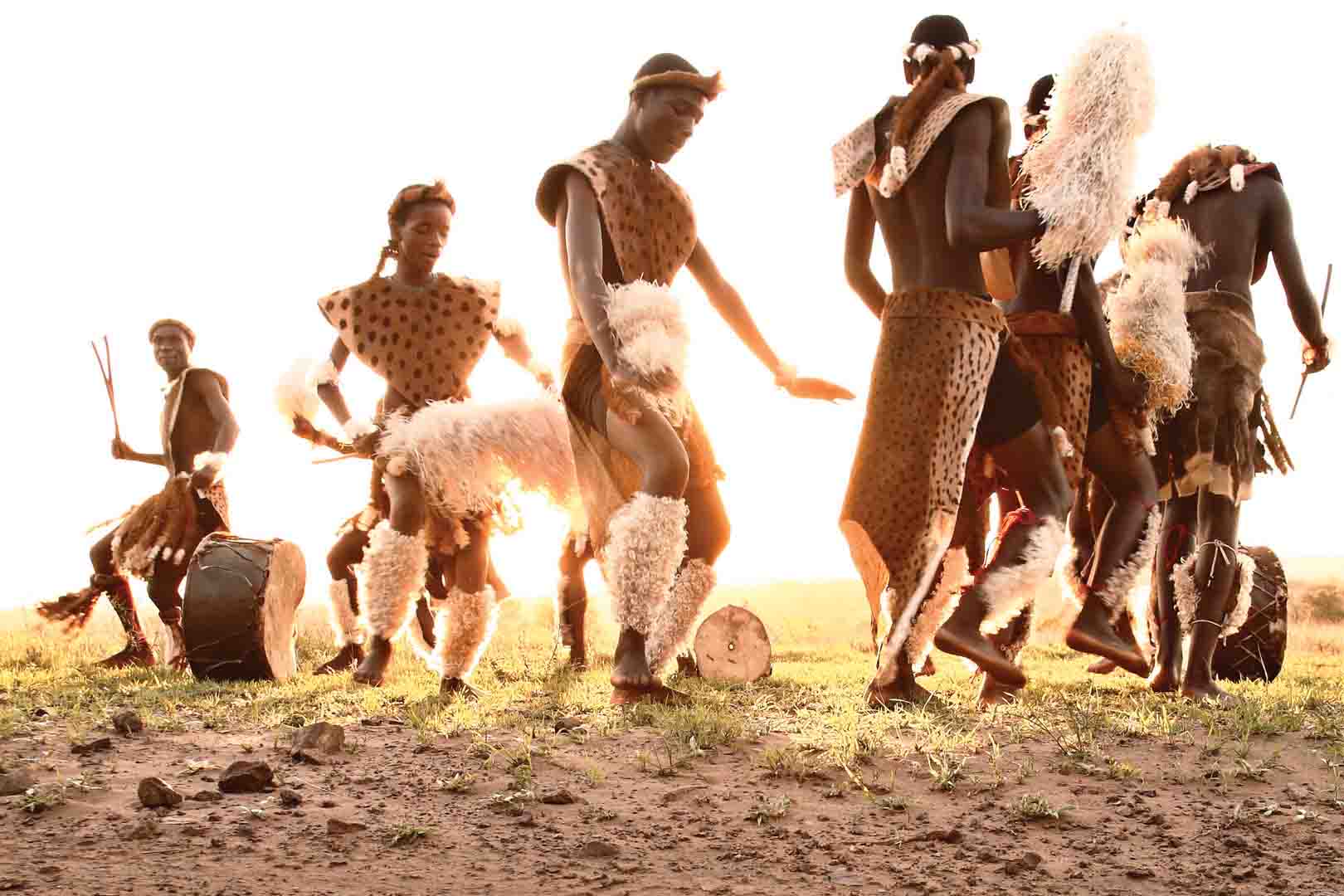
Welcome to Big Five country, here in this pristine environment with its varying landscapes and diverse ecosystems you will encounter all of Africa’s most iconic wildlife.
A walking safari through a rare sand forest will lead you into an open savannah plain and out to the brush beyond. Here you
may encounter a mighty elephant and her herd, as they dip their wrinkled grey trunks into the river, sucking up water and mud to spray on their backs, an animal’s trick to keep cool under the hot African sun. The grunting of a hippo draws your focus, you look just in time to see a nose and ears disappear beneath the surface then reappear a moment later, water rippling over a thick hide.
Continuing further into the veld, under the watchful guidance of your tracker, you become more alert and in tune with your surroundings, the magic of this place washes over you. Each tree tells a story, a rubbing post for an unreachable itch on the side of a rhino, an impossibly high snack for the tallest of giraffes, or a cool resting place for an exquisitely dappled leopard.
Read More
The possibilities of what you might see next are both intriguing and thrilling, as you allow your mind to drift to where you might land in the circle of life, were it not for the presence of your guide and the confidence with which he handles his role.
Slowing to a stop, he raises his hand for your attention, pointing and gesturing, between a couple of dried out shrubs stands a black rhino, his long horn moving slowly from side to side as he browses for food. After a long while of marvelling at this mysterious creature, your guide draws you away, careful not to startle the rhino as you go. The moment remains with you, long after your retreat, how special to encounter this rare and beautiful animal in his natural habitat.
Tell me more
Phinda Private Game Reserve is located in KwaZulu-Natal, South Africa, between the Mkuze Game Reserve and the Greater St Lucia Wetland Park.
Established in 1991, Phinda has seven distinct ecosystems within the reserve, they are woodland, grassland, wetlands and marshes, sand forest, rivers and pans and mountain bush. The reserve covers an area of 170 square kilometres (66 square miles), 10 square kilometres (4 square miles) of which are made up of some of Africa’s last remaining dry sand forests.
The reserve is home to all of the Big Five animals, namely elephant, lion, Cape buffalo, leopard and rhino, as well as a variety of other large mammals including giraffe, zebra, hippo, wildebeest and hyena. Phinda is particularly well known for cheetah and black rhino sightings. In addition, the reserve is also home to 436 species of bird and a number of reptile and amphibian species. Phinda’s
guides and Zulu trackers are some of the best in the industry in terms of knowledge, training and skill, which adds further to the quantity and quality of wildlife encounters.
When should I go?
Phinda Private Game Reserve is well known for its year round game viewing opportunities, with the best time for wildlife sightings being during the winter months from May until September. The reserve is characterised by less dense bush during this period, which makes animal spotting easier. It is also common for animals to gather around permanent water sources in winter as the dry conditions mean that water is harder to find, this allows for easier tracking of the various species and more frequent wildlife sightings overall.
From the end of October temperatures start to rise and the summer rains arrive. The reserve’s vegetation begins to transition to lush greenery and animals start to give birth. High numbers of baby animals can cause the activity of predators to increase. Birding during the summer months is prolific, as migratory species are present. If you are planning a beach holiday during the same trip, it may be best to visit Phinda during summer, as the reserve is located in close proximity to a number of pristine beaches. The Phinda lodges offer a variety of seaside activities, including scuba diving and excursions to witness the nesting of loggerhead and leatherback turtles, between November and February.
Gallery
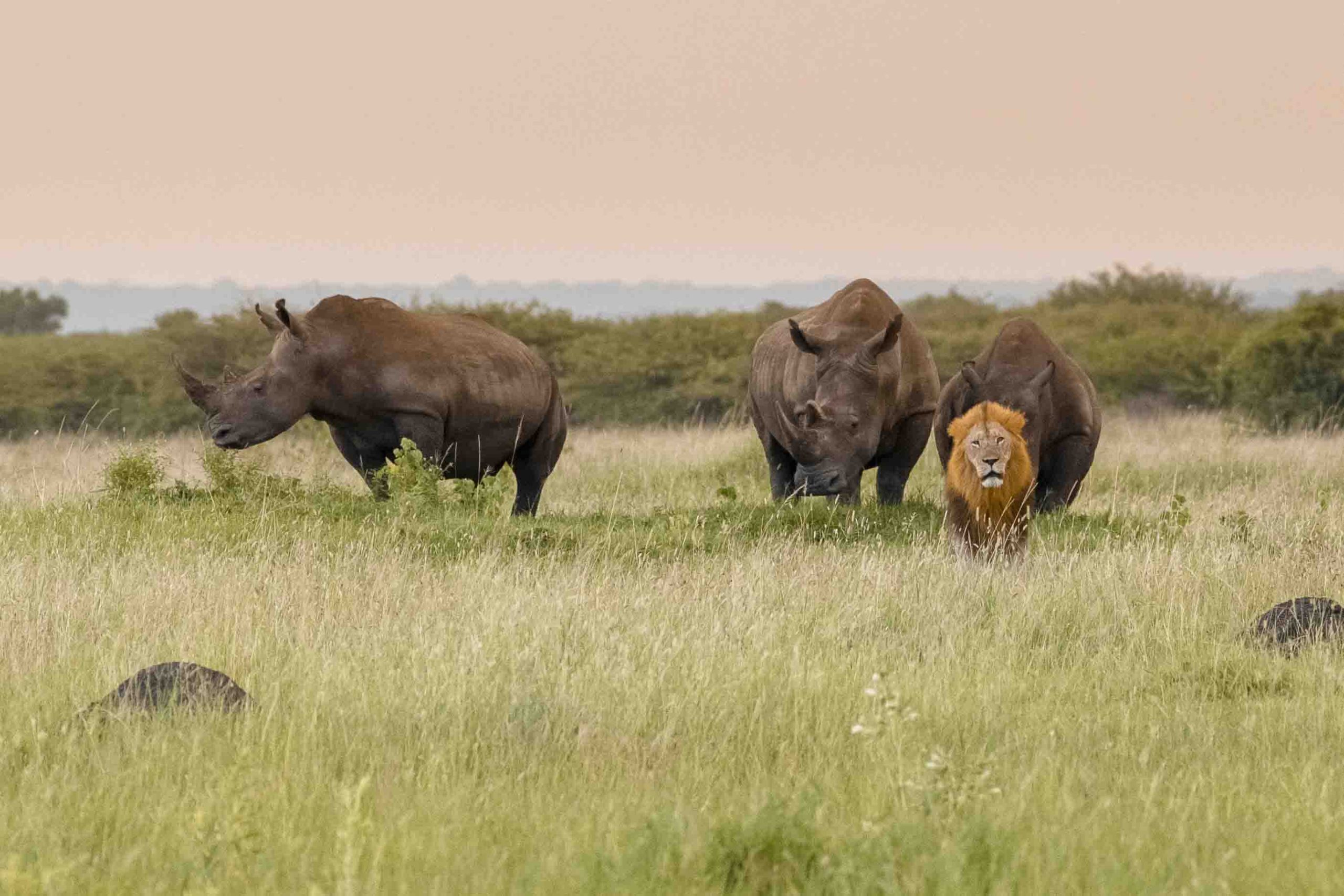
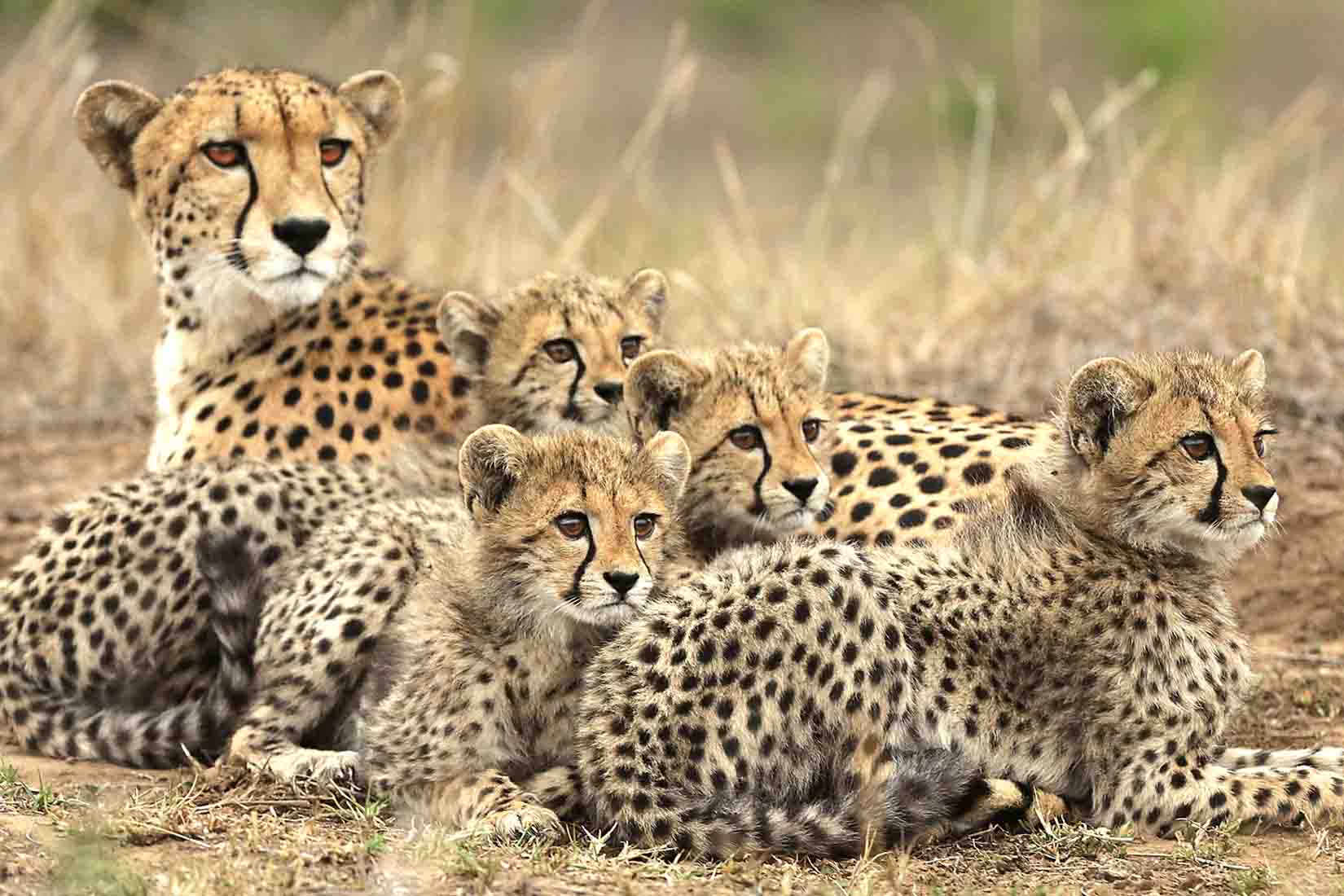
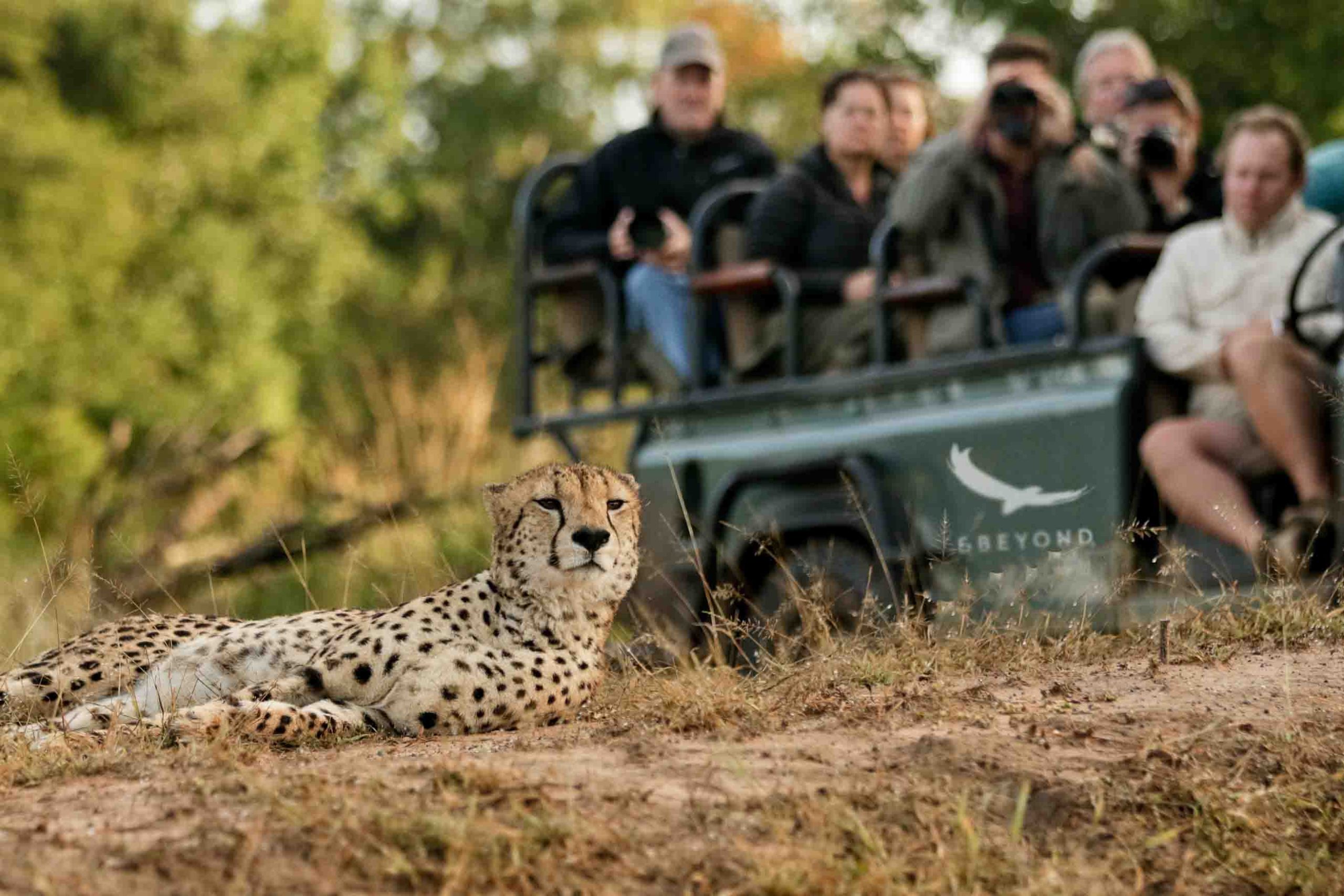
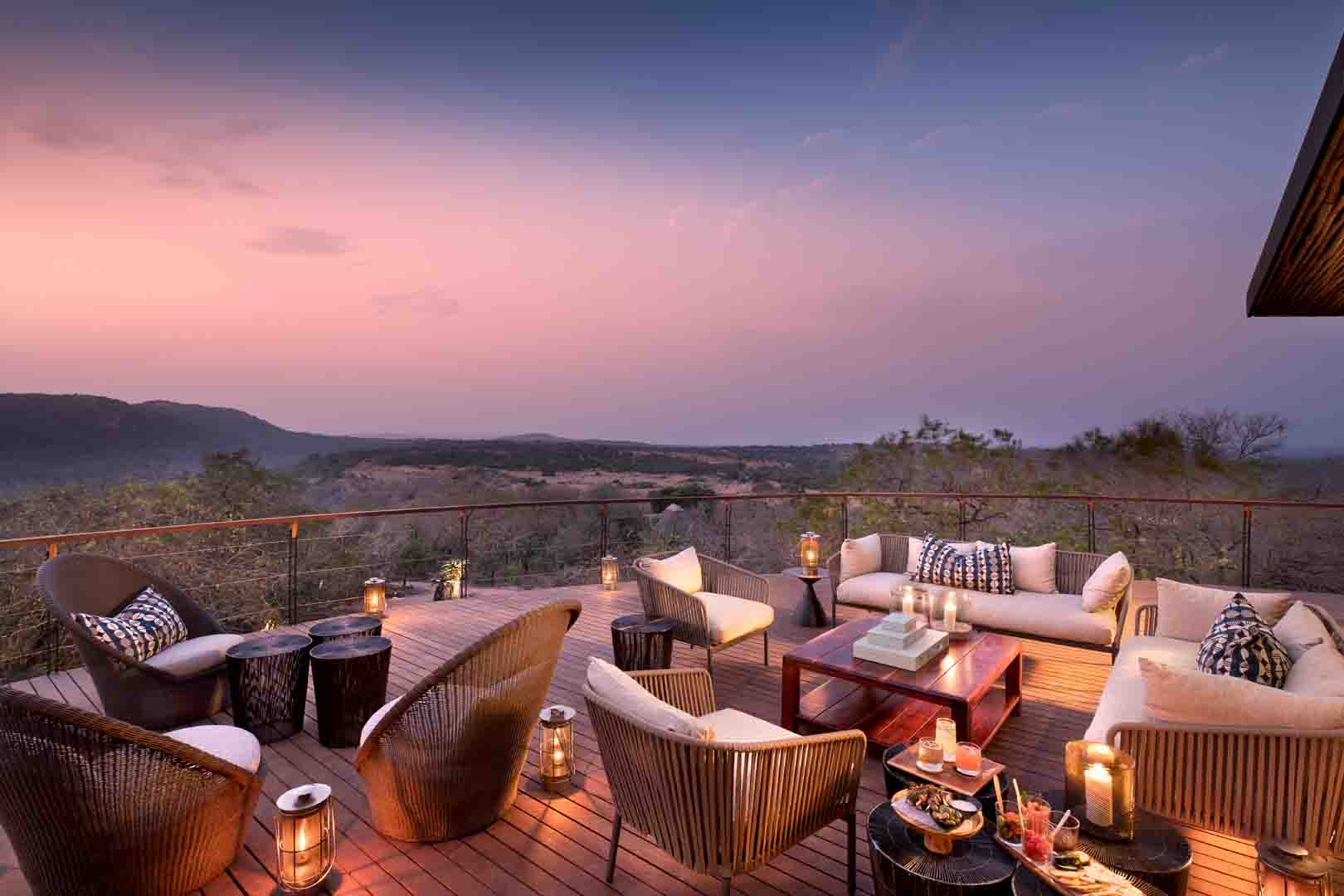
CAMPS
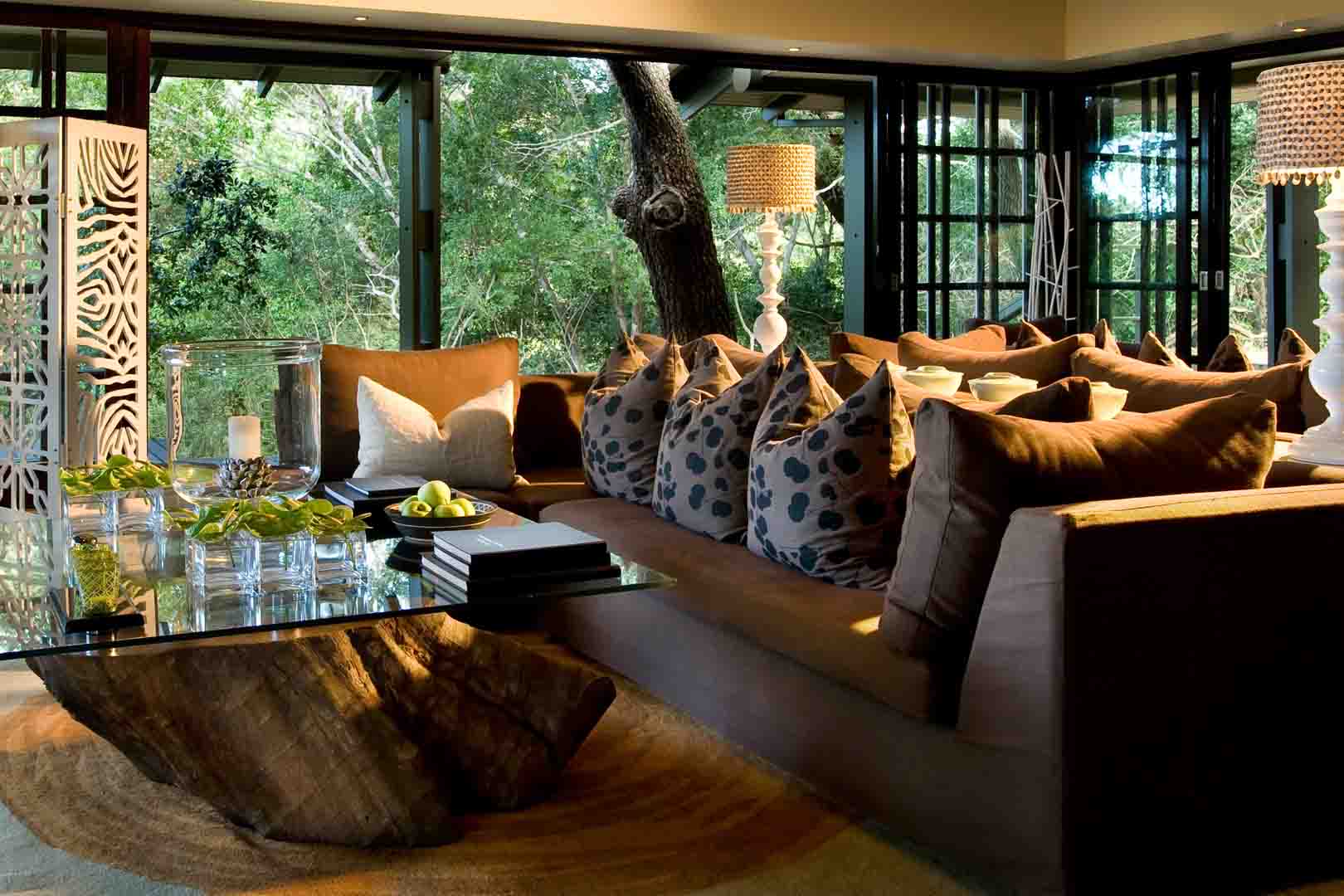
Forest Lodge
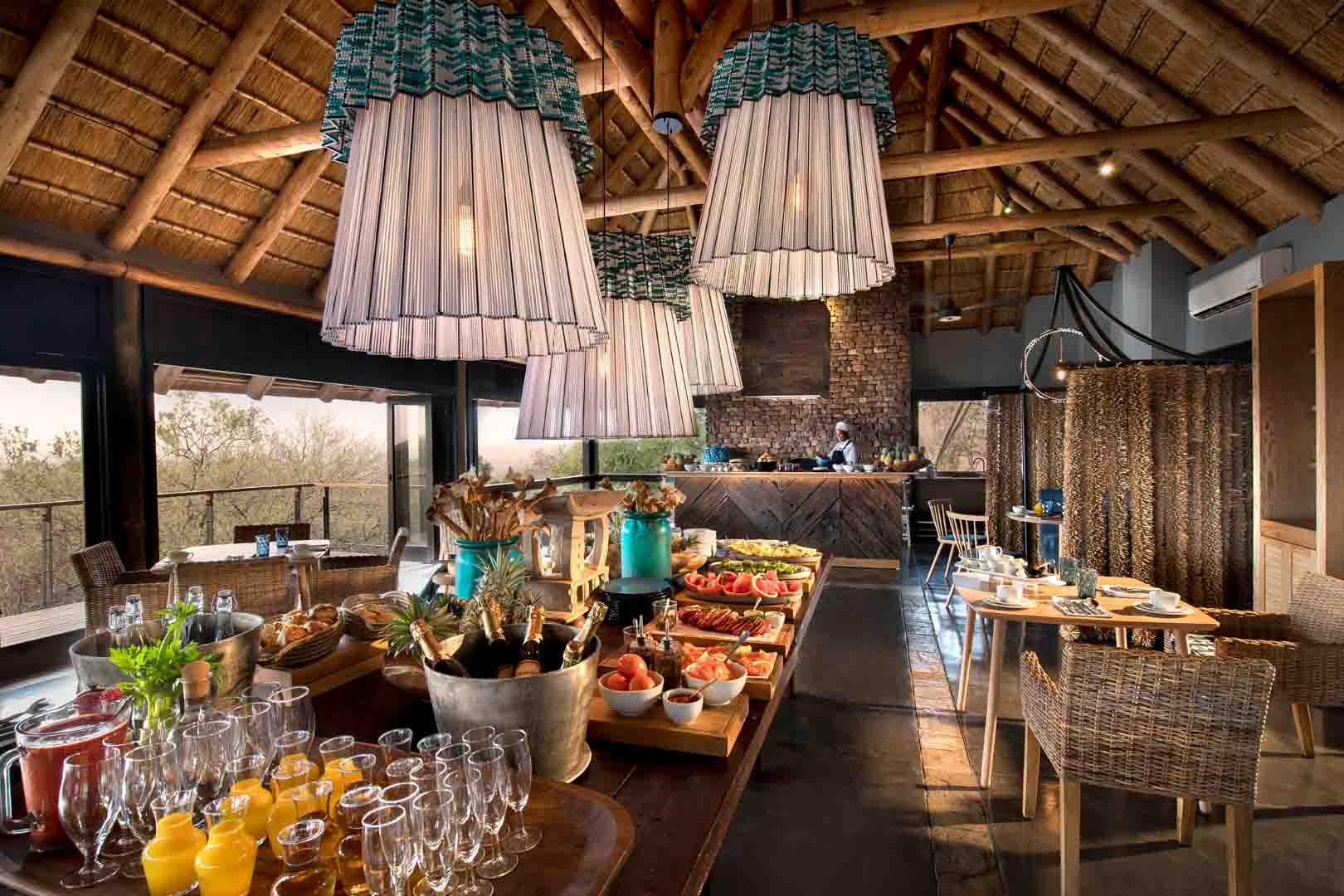
Mountain Lodge
